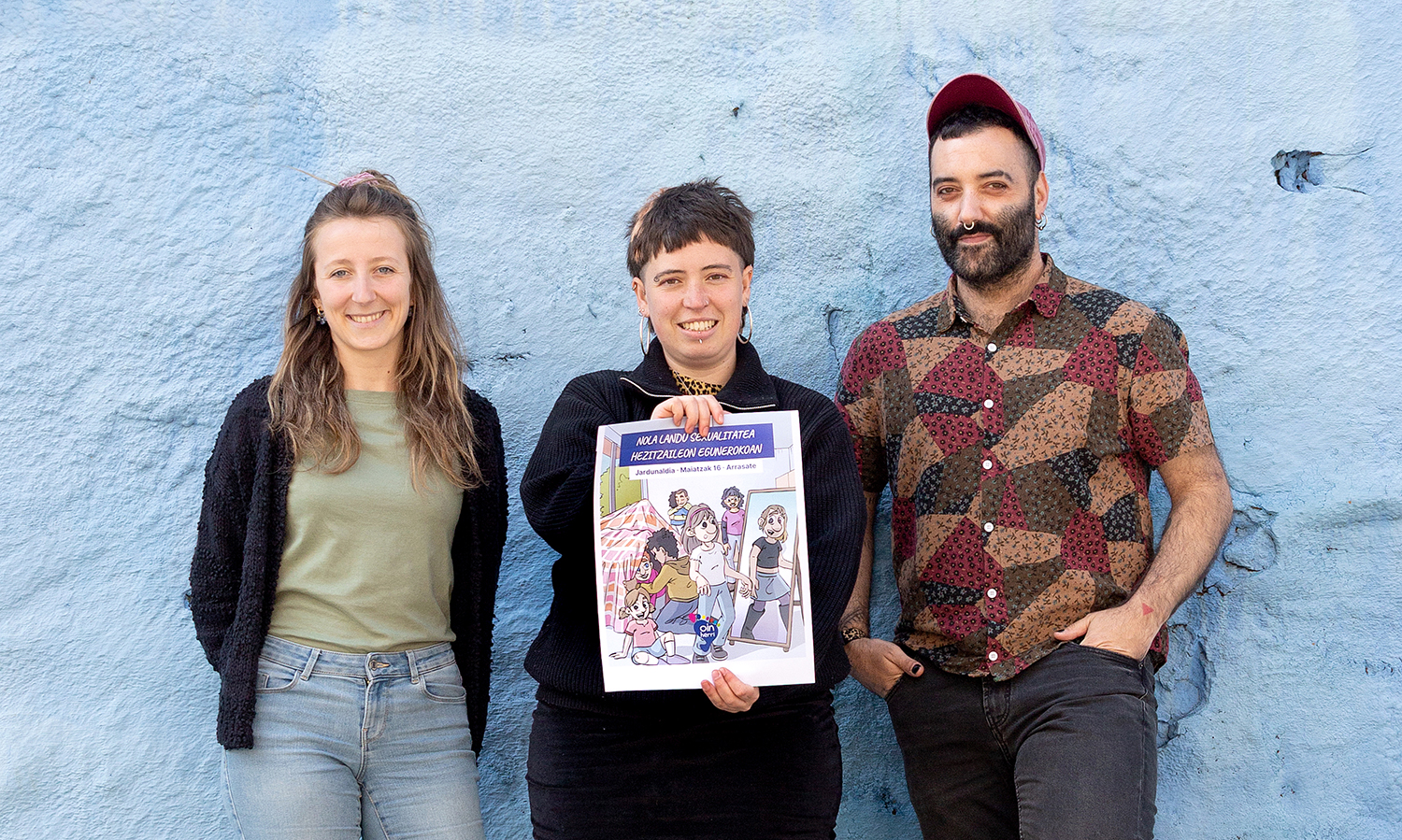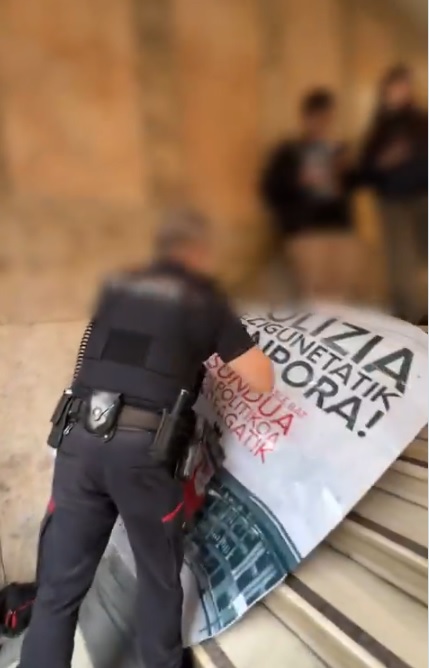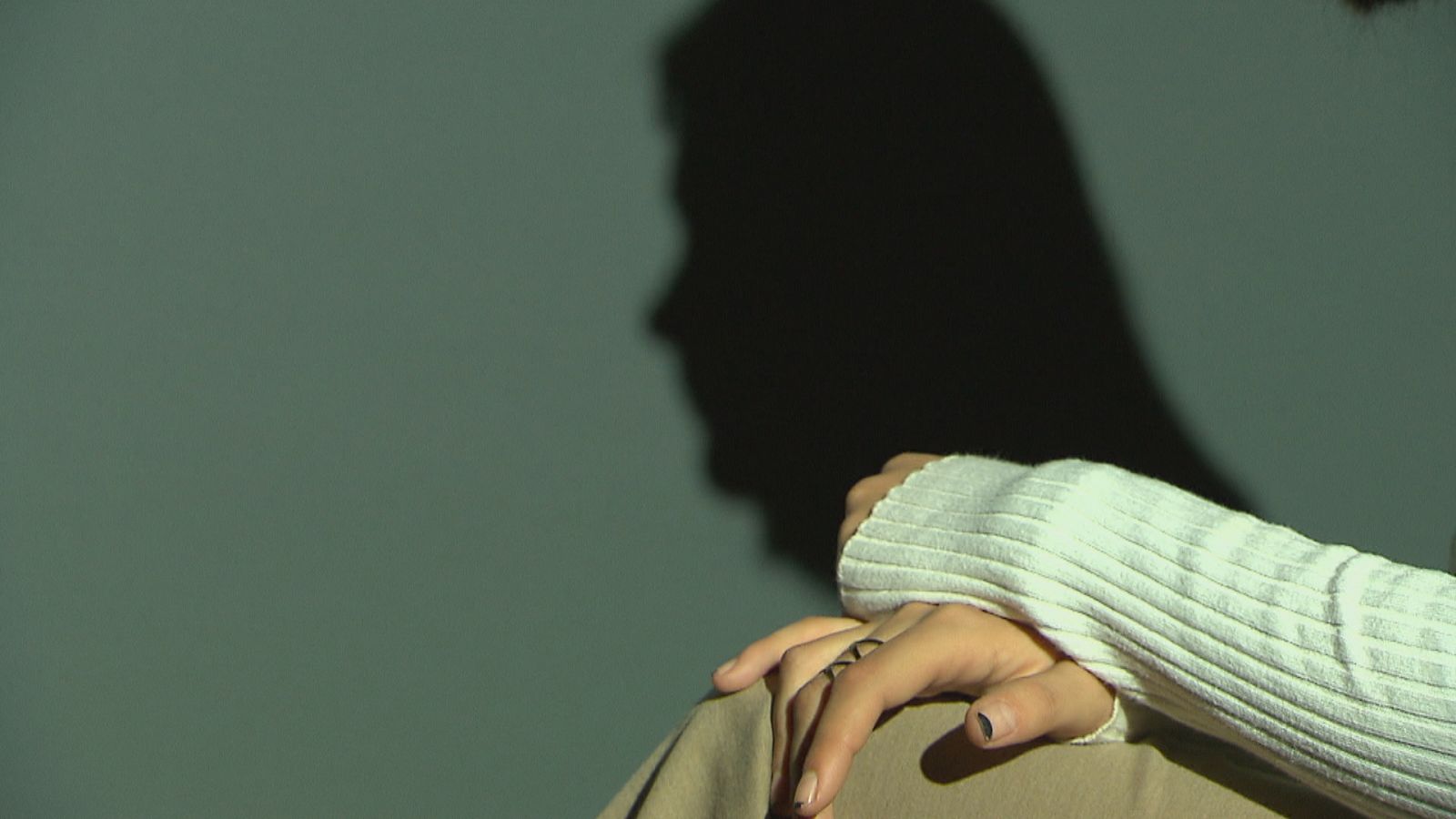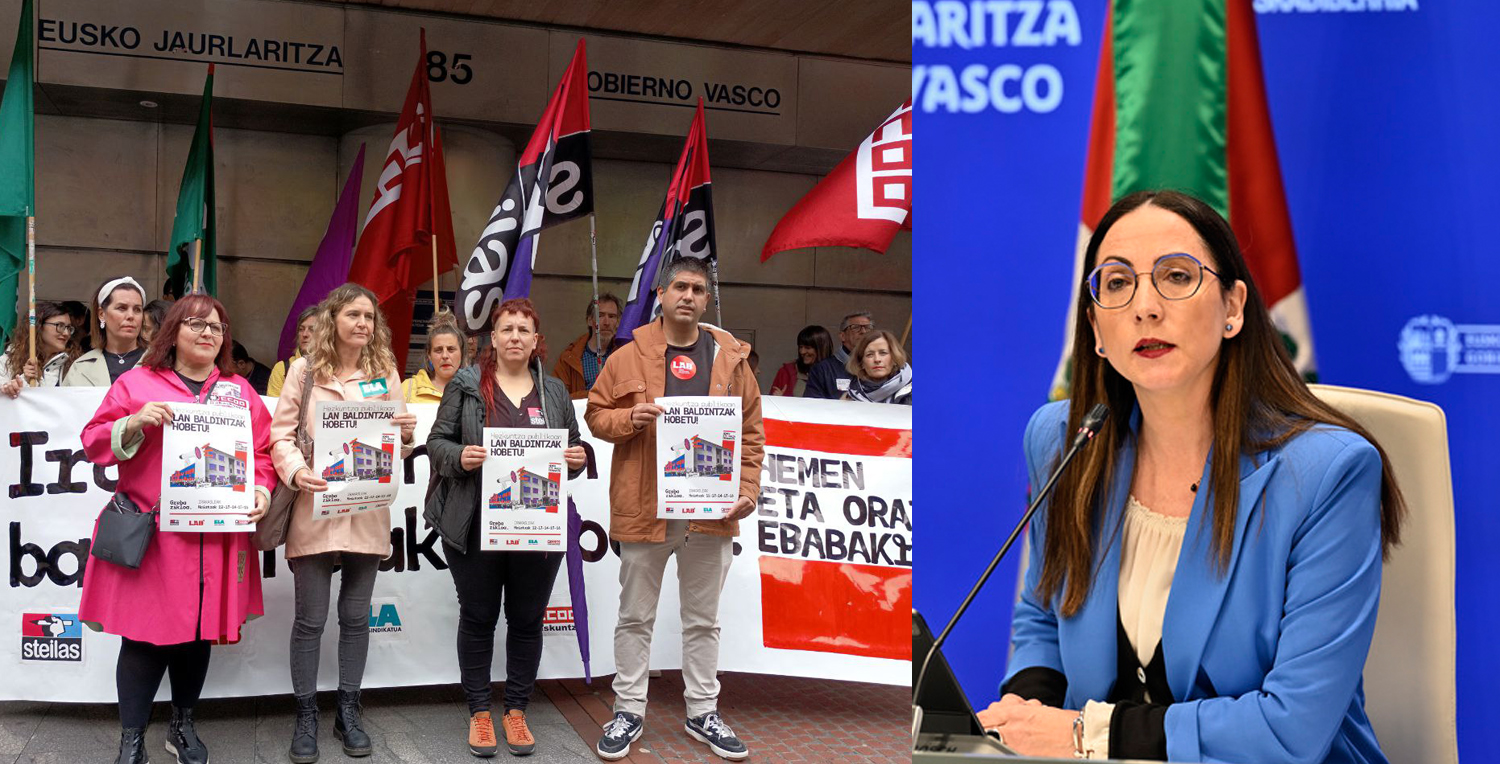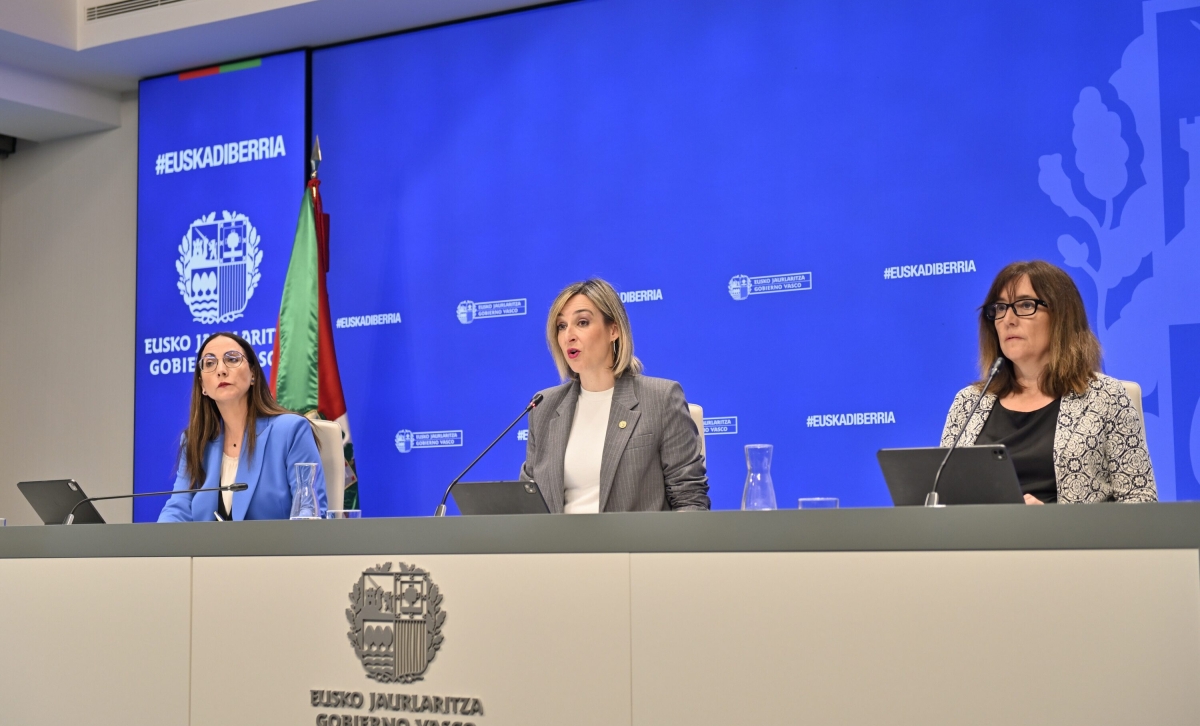Several mobilizations are called upon at the close of the Daughters of la Cruz de Solokoetxe school in Bilbao
- Last week the management announced that they will close the Daughters of la Cruz College, which has been on the Solokoetxe stairs for 162 years at the end of the course. Given this situation, families and workers have called for mobilization, since the situation has created "discomfort and confusion" among families. They explained that concentrations will be held daily in front of school, at 08:15 and at 16:45 hours.

The school’s management announced last week that the Daughters of la Cruz school will close its doors at the end of the 2020-2021 course, due to the disastrous drop in enrollment in recent years. The center has a total of 204 students, from 2 years to 4 years of ESO. According to the data provided, there are only 21 students in Early Childhood Education and there are 19 in Primary School.
In order for the largest number of workers in the center to be able to continue working, the management explained that they have asked Kristau Eskola to create a work bag to facilitate the relocation of the teaching staff. Of the 33 workers who work in the centre, 29 are teachers, 4 administrative staff and other maintenance staff.
However, the news of the closure has generated a great stir among families and workers in the area. As explained by the LAB syndicate and the company committee of the centre, following the assembly held on 14 January, the workers of the centre will mobilize to "express their pain and indignation" and demand a solution.
In their opinion, management is hiding the possibilities of ensuring the continuity of the center, which “has generated concern and confusion among families”, among other things because “they do not have time” to decide what is the best option for the future of the students.
In this sense, they have asked the educational leaders of the Basque Government to seek a solution that will give way to the educational project and to all the agents involved in the academic life of students and workers. In principle, they have called daily demonstrations before school at 08:15 in the morning and at 16:45 in the afternoon to ask for an answer.
For its part, the union STEILAS has asked the head of the centre and Kristau Eskola to act responsibly “to provide a solution that satisfies families and workers. It has also asked the Basque Government to investigate various options for a solution to the situation, including publication: “We call on the Department of Education to analyse in depth the possibilities of publication of this concerted centre, which has shown a real social commitment in this case, on the road marked by the Harro Educational Forum on the Basque Public School and maintaining a regulation similar to that developed by the Catalan Government.”
.jpg)
Long-History Centre
The Daughters of la Cruz College, located in Solokoetxe, opened its doors in 1859. In addition to receiving disadvantaged girls from the area, the congregation offered free education. Together with the students in poverty, the girls of the city and the surrounding villages also came to this center in exchange for an economic contribution. It became the first women's center in all of Bilbao.
The locals say that this event was a “small revolution” in the city, as at that time it was very common for women to be engaged in sewing or similar work. The women of Bilbao and the surrounding villages were offered the same lessons as the men.
According to data from Language, School and Culture: the literacy process in Euskal Herria, written by Paulí Dávila Balsera, 19th and 20th centuries, in 1860 16.2% of the women of Bizkaia knew how to read and write, while the percentage of literate men was higher, 37.2%. However, illiteracy rates were higher in both men and women.
Over time, the center underwent several modifications, such as the renovation of the building in the 1970s and the increase in the number of students. Ten years later, they changed the study model and started mixed education.
Within the Christian School
Along with 23 other centres in Bilbao, the Daughters of la Cruz College is part of the network of Kristau Eskola. However, along with this school, there are few who opened their doors in the 19th century. For example, La Salle de Deusto, Los Angeles Custodiosos de Santutxu, Escorapios and María Inmaculada schools in Uribarri have been open for more than a century.
Donibane Garazi inguruko herri ttipi batean sortua da Bea, eta 1970eko hamarkadan ondoko eskola publiko batean ikusi zituen bortizkeria, sexu eraso eta bortxaketak salatu dizkigu. Irakasleak eragiten zizkiela tratu horiek ama eskolako eta lehen mailako haurrei, mutikoak bortizki... [+]
The Department of Education reported on diagnostic evaluations in February: He talked about the mid-stage of 2023 and the end-stage of 2024. Since the disastrous results would show that we have a structural problem, the department decided to comply with the procedure (publish... [+]











